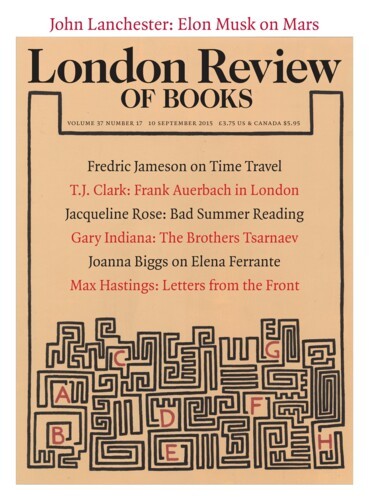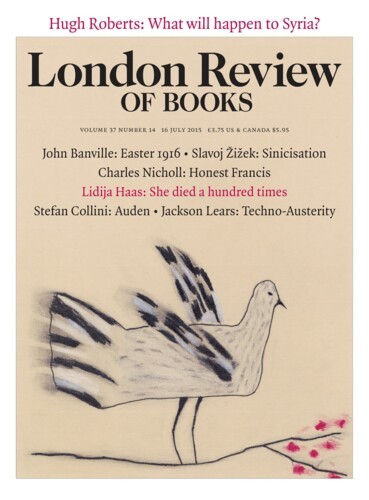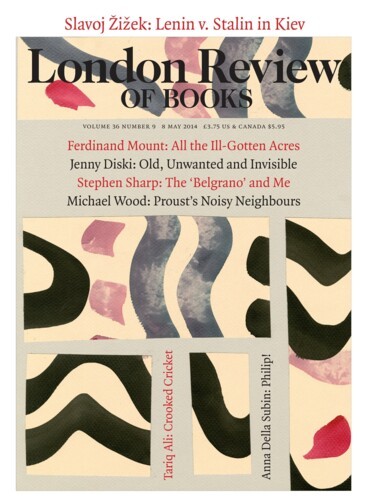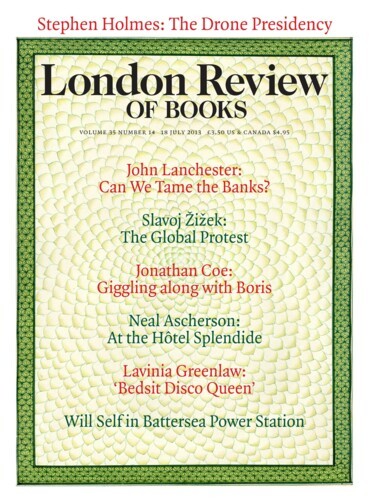In his early writings, Marx described the German situation as one in which the only answer to particular problems was the universal solution: global revolution. This is a succinct expression of the difference between a reformist and a revolutionary period: in a reformist period, global revolution remains a dream which, if it does anything, merely lends weight to attempts to change things...
When the revolt succeeds in its initial goal, we come to realise that what is really bothering us (our lack of freedom, our humiliation, corruption, poor prospects) persists in a new guise, so that we are forced to recognise that there was a flaw in the goal itself. This may mean coming to see that democracy can itself be a form of un-freedom, or that we must demand more than merely political democracy: social and economic life must be democratised too.





